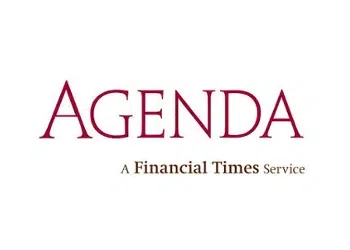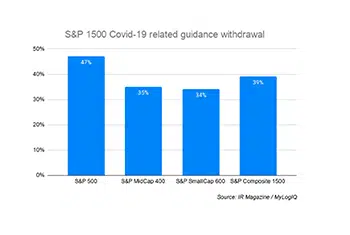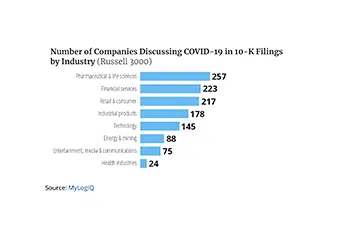As the global environment deteriorates, a growing number of American companies have started to go, or have gone, “green.” There is no single definition of what that means. Some have begun to increase recycling. Others have cut greenhouse gas emissions. Still others plan to become carbon neutral. Among these measures needs to be a commitment to the environment at the board of directors level. Over the past several years, some of America’s biggest public corporations have added environmentally/sustainability-focused board committees.
These committees are designated by a small number of names, such as Corporate Responsibility Committee; Corporate Social Responsibility Committee; Environmental Committee; Environmental, Health and Safety Committee; Public Responsibility Committee; and Sustainability Committee. It is impossible to say exactly what these committees do without attending them or reviewing meeting transcriptions, but U.S. Securities and Exchange Commission disclosures from some offer direction about what they do and how they function. So do the governance statements of the companies themselves.
Sixty-two S&P 500 companies have had this type of board subcommittee for at least four years, according to MyLogIQ. Among the largest are Ford, Gap, Johnson & Johnson, JPMorgan and Nike.



